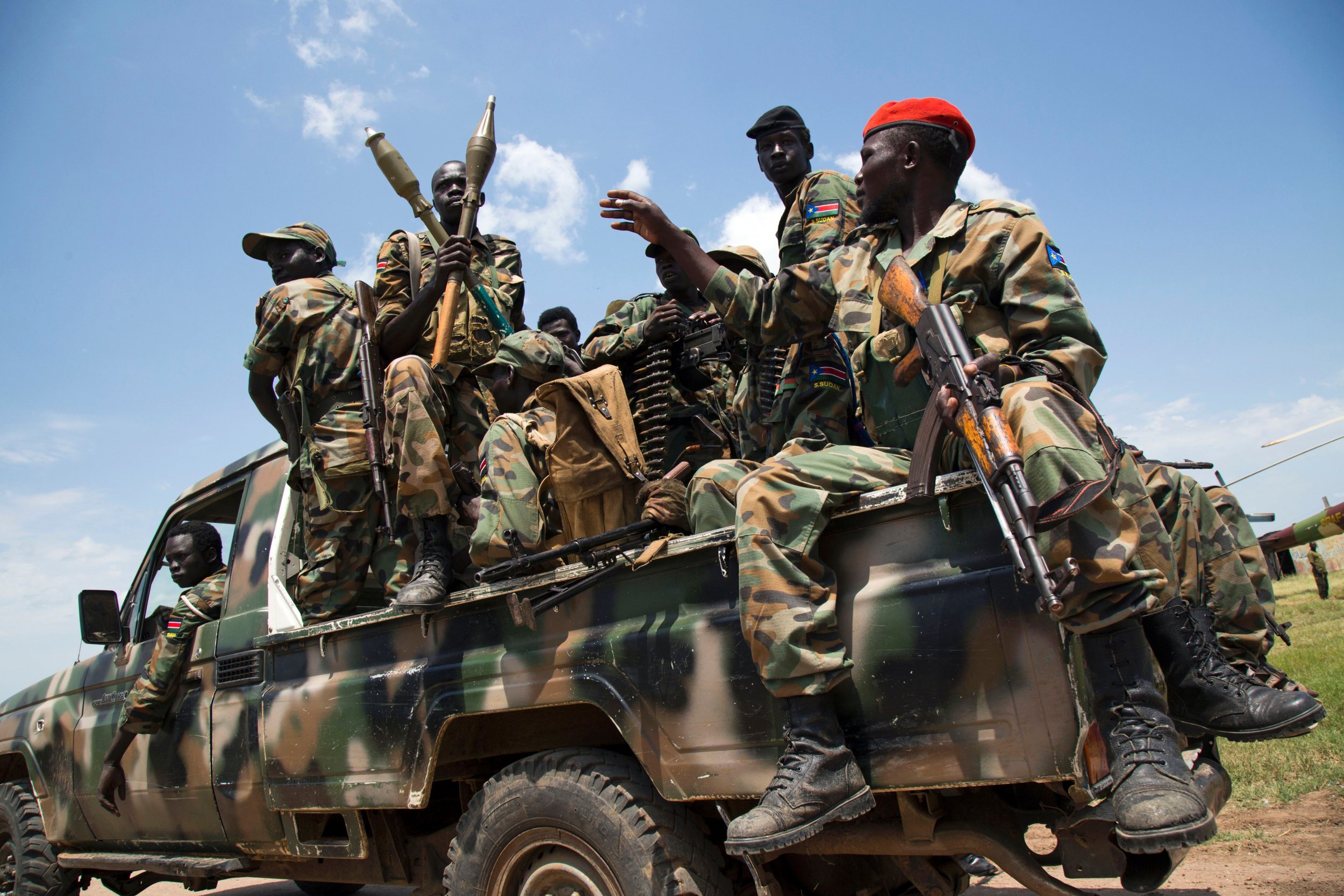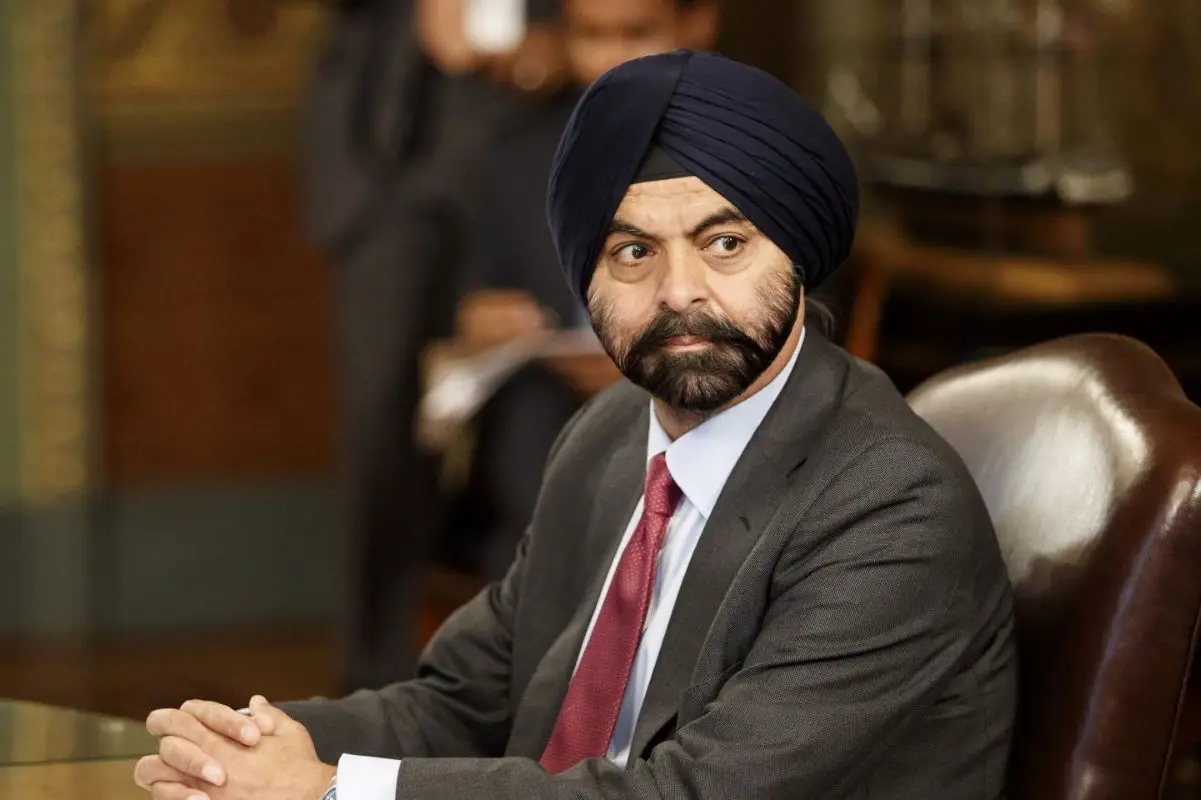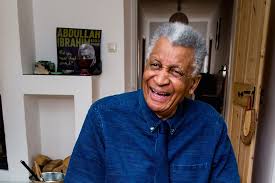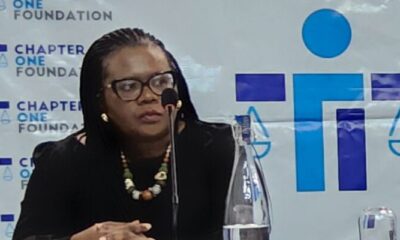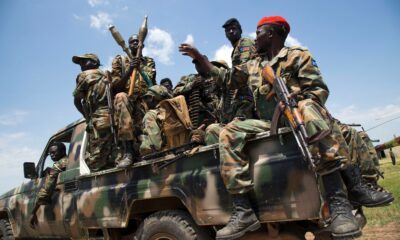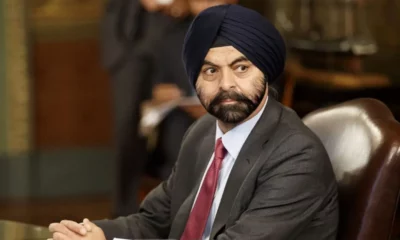It’s no longer news that late Senator John McCain does not want incumbent President Donald Trump anywhere near his burial rites.
The deep resentment goes way back and SlamReportsAfrica drives down memory lane to relieve what may have prompted the quarrel that lingered till McCain’s death.
New York Times provides some insight.
When Senator John McCain of Arizona returned to Washington with a fresh scar from brain surgery, it was widely seen as a dramatic effort to help Republicans overturn Obamacare.
President Trump had criticized Mr. McCain in the past and derided his military service, saying in 2015 of the former Vietnam prisoner of war, “I like people who weren’t captured.”
But in late July 2017, Mr. Trump welcomed him back to Washington. “So great that John McCain is coming back to vote. Brave – American hero! Thank you John,” he said.
Little did Mr. Trump know that the Arizona senator would help drive the stake through legislation that sought to realize the Republicans’ seven-year dream of finally dismantling Obamacare, handing the president an embarrassing legislative setback.
He was joined in his vote by two fellow Republicans, Lisa Murkowski of Alaska and Susan Collins of Maine, and 48 Democrats who defeated the slimmed-down repeal bill early Friday.
Read Also: Everybody would be very poor because of me if….Trump
Mr. McCain left his intentions secret until the end, then cast his vote in a dramatic fashion, walking to the middle of the floor, holding his arm out and then giving a thumbs-down.
Audible gasps and muffled applause could be heard on the Senate floor. Outside a crowd of opponents of the Republican plan roared. The Republican senator offered a short explanation of his vote.
McCain leaving the Capitol asked why he voted NO: “I thought it was the right thing to do.”
After the vote, his office released a statement that he still wanted to see a repeal of Obamacare, while saying that the proposed legislation did nothing to offer more affordable health care to Americans. He called for a new legislative effort, with input from Democrats and Republicans.
The turn of events was the latest in the tumultuous relationship between the president and the Arizona senator, who has also been a thorn in Mr. Trump’s side by pushing for an aggressive stance toward Russia and on other foreign policy issues. After Thursday night’s vote, President Trump criticized the three Republicans who voted against the health care bill in a late-night tweet.
“3 Republicans and 48 Democrats let the American people down. As I said from the beginning, let ObamaCare implode, then deal. Watch!”
On Twitter, defenders of Obamacare saw Mr. McCain’s vote as sweet retribution for Mr. Trump’s past disparagement of him.
McCain to Trump tonight: “I like acting like no one has me captured.”
The late Senator had taken great pride in the role he played in the course of America’s intervention in Vietnam. Military service, he believed, was the ultimate price to pay in defense of one’s country, and could hardly comprehend why an American leader would make light of it.
By fencing off Trump, McCain may have wished that the incumbent President earned no political capital from his demise.

 Tech2 days ago
Tech2 days ago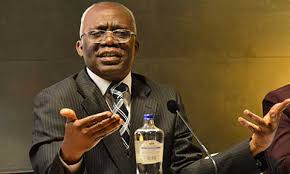
 Metro2 days ago
Metro2 days ago
 Culture2 days ago
Culture2 days ago
 Sports2 days ago
Sports2 days ago

